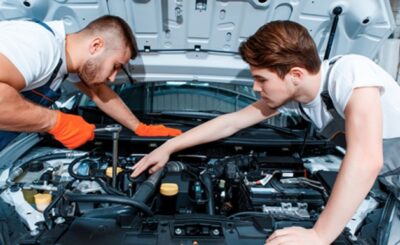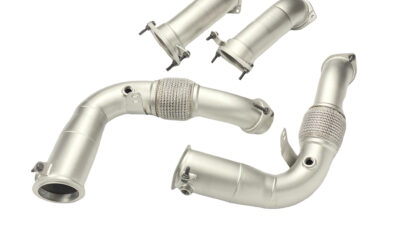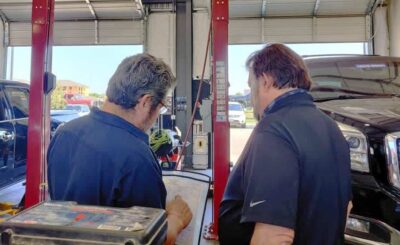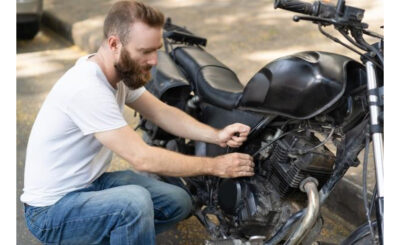Subtitle 1: Overview of European Union Regulations
The European Union has set out several regulations for vehicle homologation that must be followed by all member states. These regulations include the type approval process, which governs the testing and certification of vehicles, as well as the Whole Vehicle Type Approval (WVTA) and the individual type approval of components. The WVTA, for example, is a certification process for vehicles that covers the safety and environmental performance of the vehicle as a whole, as well as its individual components. Source : Euro-certificat.com .
Subtitle 2: Homologation Requirements in France
In France, the Ministry of Transport and the Ministry of Environment are responsible for overseeing the homologation of vehicles. The French homologation process requires that vehicles be tested to meet specific standards, such as the French National Type Approval (NFPA) and the European Whole Vehicle Type Approval (WVTA). Additionally, vehicles must undergo various tests, such as emission tests and crash tests, in order to obtain homologation.
Subtitle 3: Homologation Requirements in Germany
In Germany, the Federal Motor Transport Authority (KBA) is responsible for overseeing the homologation of vehicles. The German homologation process requires vehicles to meet specific standards, such as the German Type Approval (GTÜ) and the European Whole Vehicle Type Approval (WVTA). Additionally, vehicles must undergo various tests, such as emission tests and crash tests, in order to obtain homologation.
Subtitle 4: Homologation Requirements in the United Kingdom
In the United Kingdom, the Driver and Vehicle Standards Agency (DVSA) is responsible for overseeing the homologation of vehicles. The UK homologation process requires vehicles to meet specific standards, such as the UK National Type Approval (NTA) and the European Whole Vehicle Type Approval (WVTA). Additionally, vehicles must undergo various tests, such as emission tests and crash tests, in order to obtain homologation.
Subtitle 5: Homologation Requirements in Other European Countries
Other countries in Europe, such as Italy, Spain, and Belgium, also have their own homologation requirements, which are governed by their respective national regulatory bodies. Vehicles must undergo various tests, such as emission tests and crash tests, in order to obtain homologation in these countries.
Meta Title: Specificities of European Countries regarding Vehicle Homologation | Comprehensive Guide
Meta Description: Learn about the specific regulations and requirements for vehicle homologation in different European countries, including France, Germany, the United Kingdom, and others. Discover the role of national regulatory bodies and the various tests vehicles must undergo to obtain homologation.








